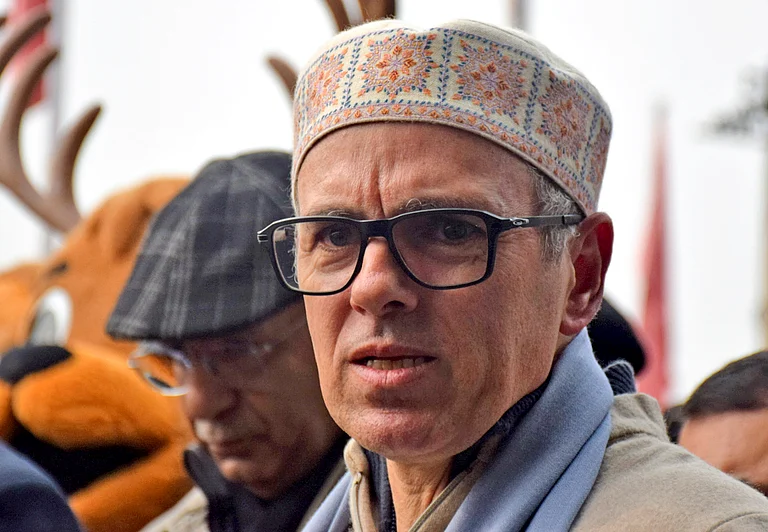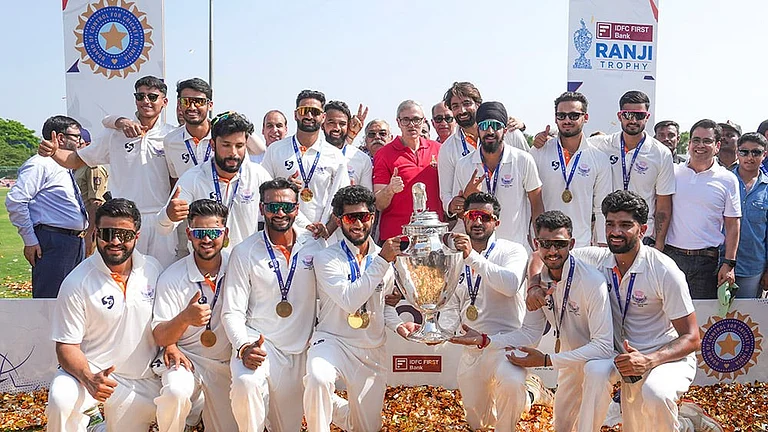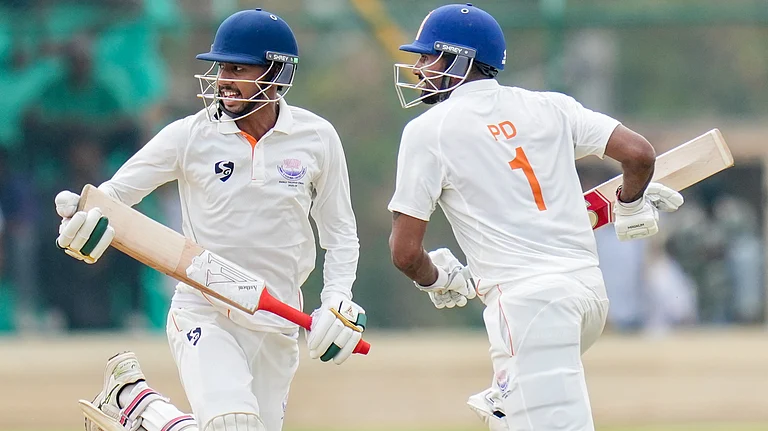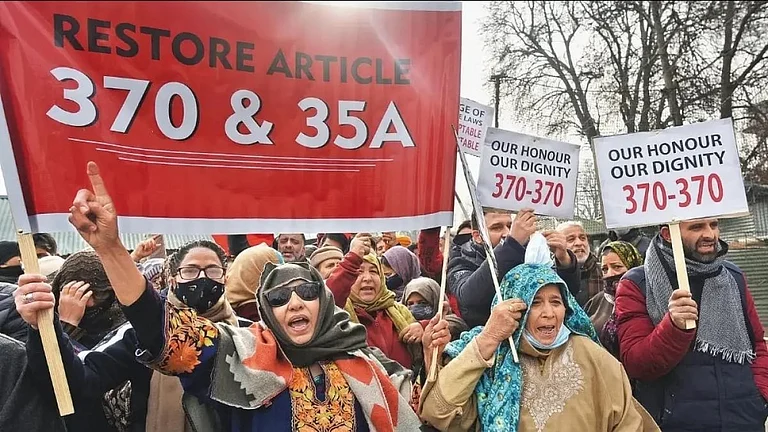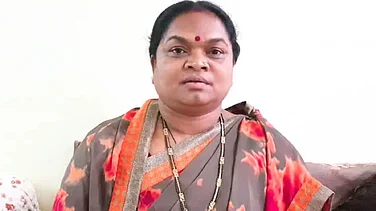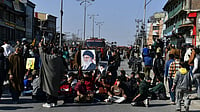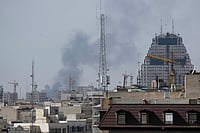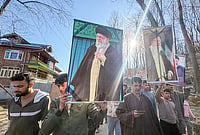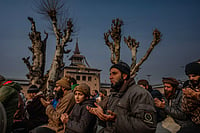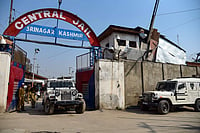The National Conference won 42 seats out of the 90 in the Jammu and Kashmir Legislative Assembly in 2024, and the Congress party only six. Yet in a strange twist of roles, it is the Congress which appears far more vocal about restoring statehood to the erstwhile state, while the National Conference leadership, including Chief Minister Omar Abdullah, seem content playing a waiting game.
It is a matter of speculation why there is an apparent divergence in actions and strategies—though not necessarily in views—over restoring statehood to Jammu and Kashmir between the two alliance partners. Fashioned out of the blue into a Union Territory when its special status was revoked in August 2019, both parties assert the restoration remains on their agenda—not just their election manifestos.
However, while the Congress is planning a series of protests and ground-level actions leading up to the August 5 anniversary, to press for its demand, the National Conference has decided to stay away from these protests. “Let Parliament session be over; until then, I will not go on any strike. If there is no progress in this direction, inside or outside the House, then we will decide,” Abdullah said recently.
Former Minister and senior Congress leader, Ghulam Ahmed Mir, on the other hand said that his party had proposed to the National Conference to form a coordination committee to discuss key issues that the government should have addressed in its year in power, including the statehood demand.
“[But] after we proposed the committee, Omar Sahib told us we should meet Farooq Sahib, and Farooq Sahib informed us that Omar Sahib will take a call. We can’t keep running after them,” Mir said, referring to Chief Minister Abdullah and his father, Farooq Abdullah, former chief minister and National Conference president.
The committee was supposed to have half a dozen leaders as members from both parties.
This is not the first time the National Conference and the Congress Party are singing different tunes on the same issue. Earlier, the Chief Minister had complained that the Congress did not invite his party to protests for the demand. Now, it is Congress leaders saying that a proposed coordination committee hasn’t been formed to review the delivery of assurances made in their manifestos.
“We will observe August 5 as black day,” said Congress party’s chief spokesperson in the Union Territory, Ravinder Sharma, indicating his party’s commitment to the issue.
A recent march over statehood organised by the Congress party in Srinagar was foiled by the police, and several party workers went to Delhi to demonstrate against the delay in granting statehood—something both Prime Minister Narendra Modi and Union Home Minister Amit Shah have assured will be done.
“We asked the National Conference leadership about the a co-ordination committee, and it did nothing,” said Sharma.
The delay in the coordination committee has meant that the two parties are unable to firm up a common roadmap on other key issues as well, not just statehood. The Congress has asserted the all parties are free to join its protests. In fact, Mir said, the National Conference “should have joined” the protest for statehood that his party promised to the people of Jammu and Kashmir.
National Conference Member of Parliament, Mian Altaf, however, said his party was participating in the meetings of the INDIA bloc, in which all issues are being discussed “democratically”. He said he is attending the meetings, being held both virtually and in person, and that a strategy for floor coordination in Parliament is being worked out in them. “I am attending the meetings being convened for our Parliament strategy,” said Altaf.
It is important to note that the Congress supported the National Conference before government formation in the Union Territory, but did not join the Council of Ministers in protest against the delay in restoring statehood.
The People’s Democratic Party (PDP), another India bloc member, which fought last year’s elections against the National Conference-Congress alliance, has also jumped in the fray—routinely criticising the Abdullah government for being “soft” on the Bharatiya Janata Party (BJP), which is incidentally the PDP’s former ally in the state.
“Congress [party] protested for the restoration of statehood and its leaders hit the roads—the National Conference should have done so, too—but the fight is missing from the party,” said PDP spokesperson, Mohit Bhan.
Only the outcome will reveal whether the BJP, the Congress and the political outfits in Jammu and Kashmir are indeed divided about restoration of statehood—or simply making the most of an emotional demand of the region’s people
As senior Congress leader GN Monga says, his party was vocal about the restoration of statehood, which remains its core agenda. He says the National Conference should have strengthened the fight for the demand and not “played politics” over it. “The Congress remains committed to its promise and we will intensify the stir,” he said.



